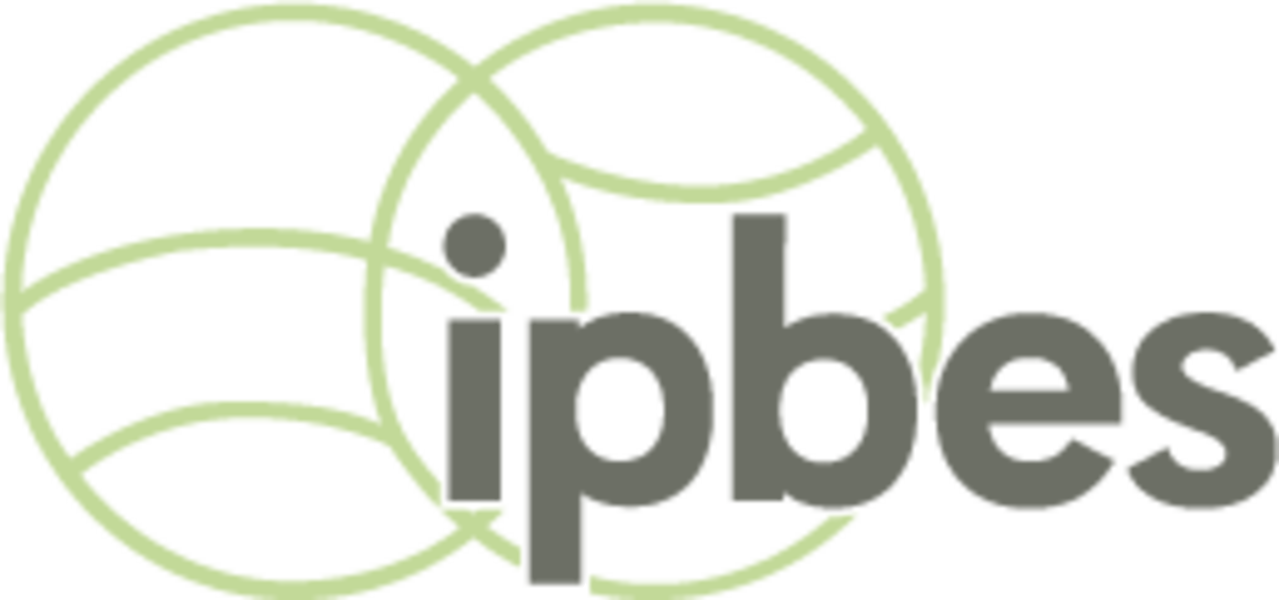
About IPBES and Indigenous and local knowledge
IPBES is an independent intergovernmental body charged by its 139 member states and parties to provide policy makers with the best available knowledge on biodiversity, human well-being, and sustainable development (www.ipbes.net). In this work, IPBES recognizes the importance of Indigenous and local knowledge, including practices, values, and actions. IPBES has developed an approach to working with Indigenous and local knowledge, which facilitates the participation of Indigenous Peoples and local communities in IPBES activities.
More information on how Indigenous Peoples and local communities can participate in the work of IPBES is available here.
The assessments
One of the key functions of IPBES is to produce global-scale assessments of biodiversity, bringing together teams of authors to examine and assess the available information on different topics. To date, IPBES is the most ambitious intergovernmental platform to bring Indigenous and local knowledge to the core of large-scale assessments.
IPBES is currently working on three new assessments, which are the focus of this call for contributions:
- The nexus of biodiversity, food water and health (2021-2024, https://ipbes.net/nexus) – examining interactions between these elements and how they can be better managed as a holistic whole in the context of climate change
- Transformative change (2021-2024, https://ipbes.net/transformative-change) - exploring how large-scale societal change can be achieved in ways that support biodiversity and human wellbeing
- Business and biodiversity (2023-2025, https://ipbes.net/business-impact) – exploring how impacts of business can be measured and understood.
Why participate in this call?
Contributions from Indigenous Peoples and local communities will help to frame and develop the assessments in ways that recognize the role of Indigenous and local knowledge, practices, values and actions in biodiversity conservation, as well as current challenges faced by Indigenous Peoples and local communities, and ways forward. The assessments can bring these issues to the attention of policy-makers, and help to facilitate discussions between Indigenous Peoples and local communities and policy-makers and other actors.
Who can participate?
Members of Indigenous Peoples or local communities are encouraged to participate, including women, men, elders, youth, specialist knowledge holders, organisations or networks, as well as researchers and others working with Indigenous and local knowledge.
What are they hoping to receive?
IPBES is hoping to receive:
- Materials that express community-based knowledge, practices, values, management, governance and needs related to biodiversity, food, water, health and climate;
- Materials that help to convey communities’ conceptualizations, visions or plans for the future; or
- Materials that describe interactions between business, Indigenous Peoples and local communities and nature.
More details here.
Deadline: 31 May.
Join the ARA
Want to join our global coalition? Learn about the benefits of ARA membership and whether your entity or organisation is eligible.
